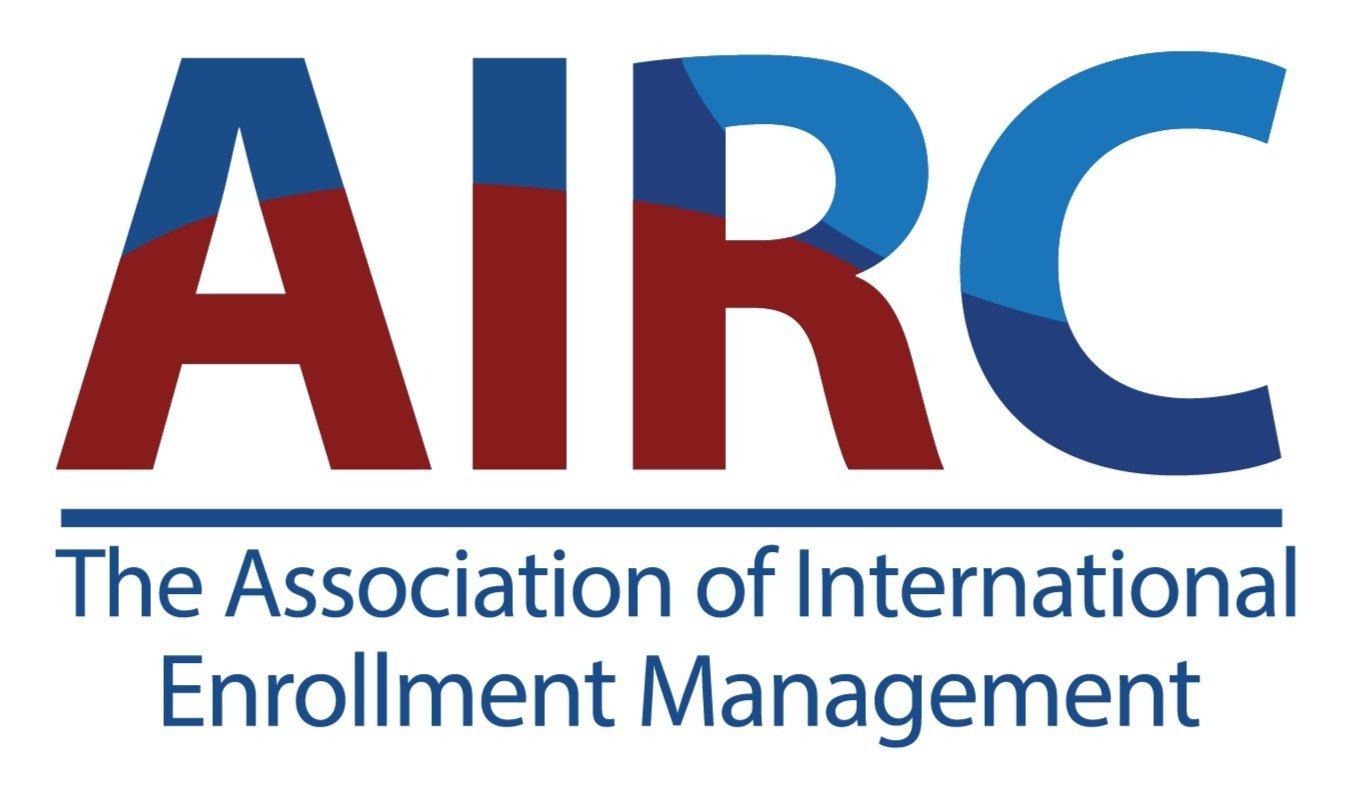Why International freshmen may not be feeling so fresh.
Predicting International student success and English language assessment.
Imagine you are an international student in a foreign country in the first week of an undergraduate course of study. What’s playing on your mind? Probably far more than academic success. It’s more likely to be about who you will meet and what friendships you will build, about integrating into a strange culture, about how you’ll fit in and be judged and about how you’re going to cope without the immediate support of friends and family.
However, you are assured that you are in the right place doing the right thing. After all, you’ve been accepted onto the program of study having proven your worth academically, financially and linguistically, and you have faith in the institution’s ability to gauge your capability to succeed.
But is it that simple?
If we consider the gatekeeping measures employed by most institutions, there are limited windows that help foresee how well a learner will integrate and succeed on a socio-cultural and psychological basis. Whilst most HEIs necessarily focus on academic veracity, a learner’s chances of optimizing their learning, and overall success in an undergraduate program, are underpinned by their experiences beyond the lecture theatre or seminar room. It is clear that academic ability is not the sole measure nor predictor of success or student well-being.
Arguably, the best insights an institution can gain into a learner’s potential to integrate well and participate fully into their course of study is the linguistic profile made available, and, admissions interviews aside, this is usually in the form of a high-stakes summative assessment. Such assessments apparently denote whether or not the learner has the required linguistic ability to access and perform in the course of study, and they generally stake claims as to the learner’s ability to communicate. However, what do such English proficiency certificates actually show?
Predictive validity determines the extent to which a score in an assessment can predict the future performance, and indeed behavior, of the test-taker. In terms of succeeding in an academic course of study, what ‘predictive validity’ do admissions staff require of language exams, and do they have the tools to check whether the certificates recognized are delivering on this?
There would be clear advantages if high-stakes assessments could give a reliable and accurate reflection of communicative competence, actively assessing linguistic and discourse competences, alongside socio-cultural and strategic competences and pragmatic application of language. Furthermore, if such assessments could reflect a raft of study strategies and transferable skills evidenced to play a key role in university-level study, this would also be of considerable value in giving a clearer indication of an individual’s ability to communicate with peers and integrate into the educational environment operating across languages.
However, owing to the considerable pressure on admissions departments, often navigating the precarious balance between commercial and academic drivers to offer places to international students, established and traditional measures of linguistic ability are often approved, even required. Concerningly, such certificates are often acknowledged without serious scrutiny as to what they actually measure and can be recognized on merits of ubiquity or local market drivers rather than giving an indication of suitability for study related to acceptance criteria.
It is reassuring to see a positive move within the industry, whereby admissions teams are developing higher levels of assessment literacy, upskilling to be able to critically evaluate English language proficiency tests and assess whether they are fit-for-purpose for the requirements of the institution. This includes questioning levels of predictive validity and sub-skill development that surround a test, and to question to what degree a test helps demonstrate a learner’s likelihood of success.
There are exams that have been developed to actively assess communicative competence and the learner’s ability to engage in meaningful communication, and to engage in near authentic use of language within the academic domain. The Integrated Skills in English suite (ISE), from Trinity College London, is one such high-stakes 4-skills exam, and is currently recognized by over 98% of HEIs in the UK, and is also accepted for visa application purposes.
As an international examinations board and educational charity based in the UK, Trinity has the vision of promoting and fostering the best possible communicative skills through assessments that encourage candidates to bring their own choices and interests into the assessment and by developing tasks that closely reflect real-world communication. The impact of preparing for and taking such exams is one of developing a broad range of skills needed for natural use of English, and not just learning exam skills that are only of use in the examination room. Trinity would suggest that a learner with an ISE certificate of a specified level has proven their ability to actively engage with English through natural communication and demonstrated their readiness to operate at that level in an English-speaking academic environment.
Of course, there is no such thing as a perfect English proficiency exam, in fact, no English exam can claim to be valid and reliable for all contexts. However, admissions teams are progressively obliged to arm themselves with the skills to determine what an exam actually tests and evaluate the effectiveness of how this is operationalized.
The job of admissions departments has never been more challenging, and the stakes are high. There is an ever-increasing danger that institutions that accept international students onto their programs who then go on to fail, will be held accountable for allowing the initial admission, both from a legal and financial perspective. The choice of which English proficiency exams are recognized for admissions, therefore carries a considerable weight, not only to discriminate learners that can access academic input at a given level but possibly as the best available indicator of a learner’s potential for overarching success in an academic program.
Come visit Trinity College London at the AIRC Annual Conference in December to discuss how your institution can recognize the Trinity ISE for admissions purposes.


